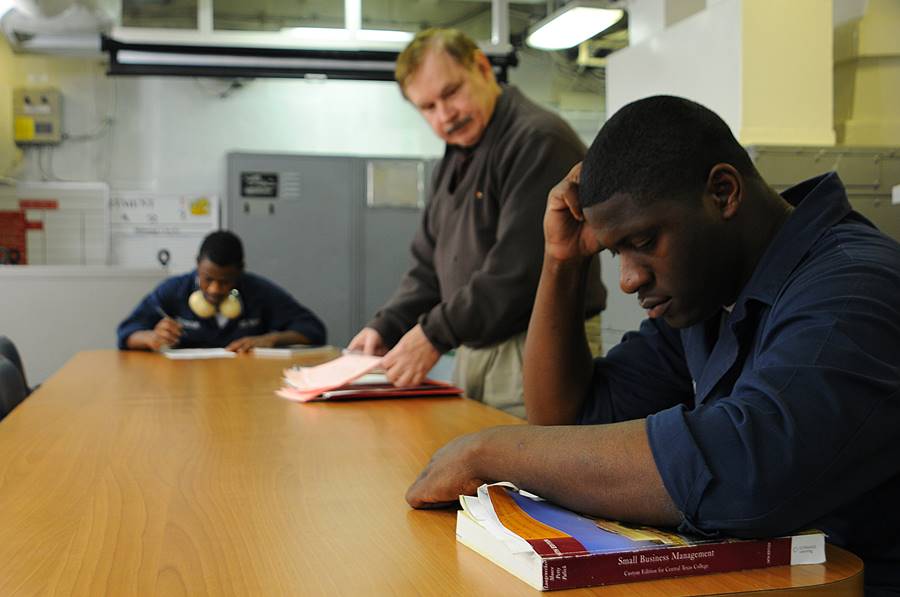Exam stress is nothing new. Anyone with any sort of education might have already experienced it and future generations are likely to experience it as well. But as common as it is, there are many reasons behind the exam stress.
The main reasons include the absence of proper study techniques, the attempt to cover a large portion of material at the last-minute, the absence of a proper revision plan, the presence of certain misconceptions, etc. Though a little stress is helpful in keeping us focused, excess stress often ends up breaking us. Thus, it is necessary to overcome the exam stress. Here are a few basic things to keep the exam stress as low as possible.
First and foremost, you need to have a proper study plan. Before you start studying, it’s good to have a study plan according to the importance of each topic, considering the amount of time you have to work with. The topic with the highest priority should be studied first and so on. Set up a timeline for topics with a sufficient break time in between. Also, make sure you leave at least two days before the exam solely for revision purposes. If you are making a long-term study plan, remember to include time for periodic revisions in between as well.
The second thing is to adhere to the study plan. Make sure you don’t change your study plan unless it’s unavoidable. Completing the steps according to the study plan will give you enough time to revise any steps just before the exams, thus helping you build confidence to overcome any excess exam stress.
The third thing is to make short notes while you study. Short notes are extremely helpful in revisions because it’s natural for human beings to forget from time to time and in most cases, time may not permit re-reading an entire textbook again. Short notes come in handy here. The absence of short notes, however, will add unnecessary stress to preparation as you’ll have to re-read everything just to make last-minute revisions.
The fourth is to familiarize yourself with the types of questions being asked in the exam. Sometimes the questions may not be of the conventional types or require indirect application of what has been learned, which can add to your stress level. As a result, it is better to practice all question types from previous exams well in advance. This will help you learn without going off target; thereby helping you to face the exam with confidence.
The fifth point is that no exam requires a student to study 24/7. Your body also requires sleep and physical activity. So remember to make time for sound sleep for at least 6-7 hours as this is the time during which our body performs self-healing and relaxation. Also, remember to engage in physical activities for at least half an hour as this will contribute positively to the release of any stress.
The next important thing is to take short breaks in between studying. Whenever you feel overwhelmed, it’s good to take quick breaks rather than forcing your brain. A great professional poker player, Jeff Gross, who was introduced to poker during his studies in college, has said that when he had to study key facts and figures, he used the game as a stress reliever during the breaks.
Finally, understand that exams are not the end of the world. Exams are meant just to evaluate one’s knowledge of a particular subject or field of study and not an evaluation of life as a whole. It’s okay if you couldn’t prepare well for an exam due to some unavoidable reason, but make sure you make the next opportunity count.
Related Posts













useful